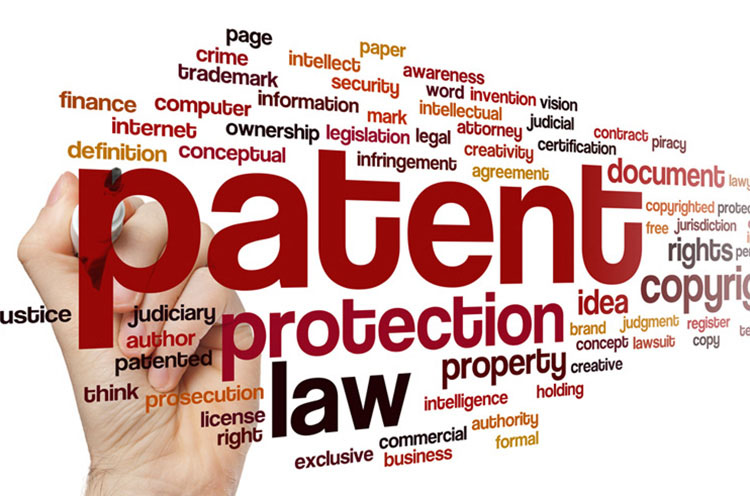
Patents in the pharmaceutical industry are significantly crucial to get increased revenues in the commercial market. With tremendous advancements in technology, new drugs are coming into the market rapidly. Drug patents help ensure the safety of the innovation and regain heavy investments for the overall economic growth of the companies. Let us understand the term Drug Patents and the importance of patents in the pharmaceutical industry.
What are Drug Patents?
Pharmaceutical companies go through the development process of a new drug and apply for the patent to gain its exclusivity. When the drug is under patent protection, only the pharmaceutical company that holds the patent can manufacture, market the drug, and eventually profit from it. Patent terms are set by statute. Currently, the term of a new patent is 20 years after filing the patent in the United States. Many other factors can affect the duration of a patent. Other companies can manufacture and sell the drug product after the expiration of the patent period as the generic drug. The brief discussions about the patent and its exclusivity are available on the USFDA website for further insight.

Which are the Types of Pharmaceutical Patents in India?
As per the Indian Patent Law, an invention is patentable if it meets the following requirements.
- The invention must be new, and it is not a part of any publishing document in India.
- The patent must be an invention that has both technological advancements and economic growth.
- The invention that the patent refers to must be capable of industrial utilization.

Classification of patents is described below as per the Guidelines for Examination of Patent Applications.
- Drug Compound Patents: These patents claim a drug compound as per its chemical structure and are known as Markush type claims. A Markush claim has multiple “functionally equivalent” chemical entities allowed in one or more parts of the drug compound. Drug compound patents provide the broadest protection to the inventor of a drug; these prevent other companies from preparing a similar drug. No one is allowed to produce or sell any formulation involving this drug until the granted patent expires.
- Synergistic Combination Patents: Drug synergy occurs when two or more drugs interact to magnify or enhance the effects of those drugs. As a result, the companies can obtain patents on new synergistic combinations of the drugs.
- Technology Patents: These patents are based on the techniques used to solve specific technology-related problems like stabilization, taste masking, increase in solubility, etc.
- Polymorph Patents: Polymorphs are different physical forms or crystal structures of an already known compound. Polymorphs are usually prepared to reduce impurities or increase the stability of the compounds. These types of patents allow innovative firms to protect the improved versions of their original drugs.
- Process Patents: A process patent does not claim the product. Instead, it only covers a new and inventive process to produce a particular product.
Why are Patents the most necessary Intellectual Property right?
Patents are the backbone of the pharmaceutical industry among all intellectual property rights. They are the exclusive property rights of the patentee obtained against the invention for 20 years. Patents contribute 70-80% share of the companies’ total revenues in the pharmaceutical sector. Moreover, patents prevent infringement of companies’ products and processes, ultimately giving a competitive advantage in the market. In addition, patents are the vital safeguard of their innovations and to obtain data exclusivity. Thus, companies need a productive intellectual property strategy for solid patent protection.

How are innovations in the Pharmaceutical Industry related to Patents?
Innovation is the main criteria that differentiate research-based companies and generic companies. As a result, pharmaceutical companies invest massively in the innovations, research, and development of new drugs.
Innovation is the driving factor for the success of pharmaceutical drug manufacturers as it provides high returns on investment. In addition, with many risk factors associated with launching a new drug in the market, innovation provides profitability benefits.
Conclusion:
We have discussed the significance of patents in the pharmaceutical industry. After the company gains patent rights, it can transfer the rights through licensing to other companies. Nowadays, many organizations outsource their patents to third parties for increased revenues. At NEWEDGE Overseas, we offer licensing of intellectual properties, patenting of products and processes, facilitating trademark/brand name use, copyrighting of processes and technologies, providing technical advice and assistance, and opportunities to launch differentiated or specialized products.